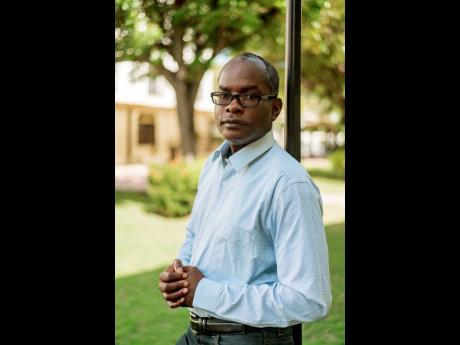Has coronavirus put brakes on crash deaths?
Although a sharp decline in crash fatalities in March has coincided with the rise of COVID-19 and a plunge in traffic, the Road Safety Unit’s front man says it is still too early to draw conclusions.
January accounted for 37 fatal crashes resulting in 44 deaths, while 38 commuters died from 35 deadly accidents in February. However, crash deaths fell by almost 30 per cent, or by 11, to 27. There were 24 fatal crashes for the month.
And if March stats are compared year-on-year, crash deaths have fallen by 37 per cent – or 10 fewer than the toll in 2019.
But director of the RSU, Kenute Hare, has cautioned against celebrating the statistical decline, citing that the coronavirus pandemic had not neutralised the epidemic of driver recklessness.
“We still see the indiscipline being perpetuated on the road network. We would have hoped that persons would have taken more care, especially with the COVID-19 around, but we are still not pleased with the level of discipline on the road,” Hare told The Gleaner yesterday.
There have been a total 109 deaths as a result of fatal crashes on the road since the start of the year, five fewer than for the comparative period in 2019. That represents a four per cent decline.
JUTC RIDERSHIP FALLS
There were no publicly available statistics immediately available yesterday, but falling ridership on the state-run Jamaica Urban Transit Company offers a snapshot of a larger picture of the fallout in traffic since the shuttering of schools and winding down of commerce.
Prior to the onset of COVID-19 in Jamaica, JUTC transported more than 200,000 passengers within the Kingston Metropolitan Transport Region, Spanish Town and Portmore, but that patronage had fallen by up to 40 per cent nearly two weeks ago, Deputy Managing Director of Operations Godphey Sterling had said.
With more businesses closing or limiting opening hours since then, usually busy town centres have been transformed into ghost towns.
Hare acknowledges that promulgations under the Disaster Risk Management Act request have led to far fewer vehicles on the road daily. But, according to him, this has also proved to be problematic.
“Because the road is freed up, there are those drivers out there who have begun using the road networks as a means to speed and execute manoeuvres which are perilous,” he said, quipping that ‘coronavirus’, ‘collision’ and ‘crash’ all start with the same letter.
“I would like to say to persons that the same level of care that I see some persons executing in the Jamaican arena to wash their hands and keep themselves clean to avoid contracting the COVID-19 virus, I would like to see that same intensity being executed as we operate on the road networks,” Hare added.

